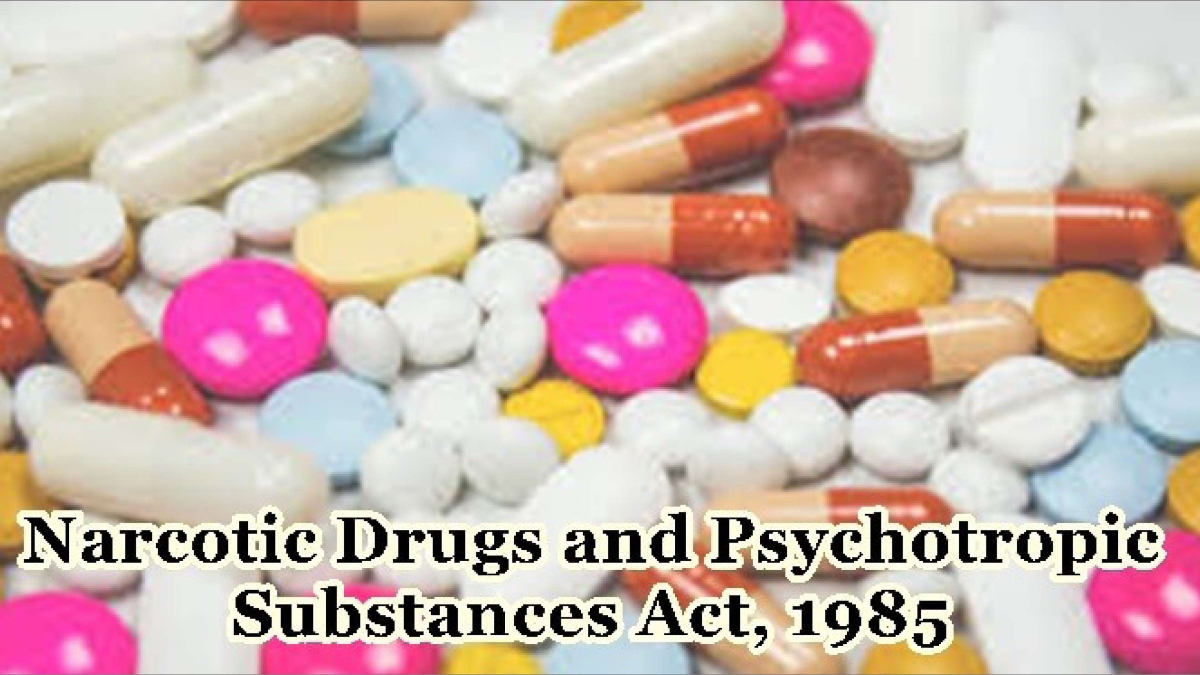


India brought the Narcotics and Psychotropic Act (NDPS) legislation in 1985 under the Congress regime, succumbing to pressure by the Americans who spearheaded a worldwide campaign against drugs, resulting in adoption of single convention on Narcotics drugs in 1961. Before 1985, all the banned substances such as ganja, charas, hashish, opium were sold freely and used enthusiastically in India. India has had a rich tradition of cannabis consumption since the vedic ages. The earliest reference to cannabis is contained in the fourth book of the Vedas, the Atharveda, which refers to it as one of the “five kingdoms of herbs that release us from anxiety”. A reference in the Ashtadhyayi of Panini reinforces the view that cannabis was known to Indians even 2,300 years ago. Some call is as “food of god”, some as “amrit”, in various texts.
Weed and charas are popularly called in today’s context as the “intoxication of the poor”, and one in every 11 Indians is directly addicted to cannabis. There are a volley of questions as to whether the passed legislation has regulated the proliferation of consumption of cannabis or whether there has been no gain . Central government in 2021 filled an affidavit in the Delhi High court replying to a petition claiming that it has “adopted a balanced approach on cannabis” by empowering the state governments to “permit, control and regulate the cultivation of any cannabis plant, production, manufacture, possession, transport, import inter-state, export inter-state, sale, purchase, consumption or use of cannabis (excluding charas) for medical, scientific and industrial purposes”. A big question arises: why don’t we legalise cannabis and tax it like tobacco and alcohol? India earned a whopping Rs 1,75,000 crore and Rs 53,000 crore in 2019-2020 from taxes on alcohol and tobacco.
In 2019 alone, 72,000 people were arrested in the whole country under the NDPS Act with the vast majority criminalized for cannabis consumption and procurement. Many crimes and accidents are committed under the influence of alcohol and a 2015 study by Lachenmeie and Rehm found that alcohol and nicotine were far riskier in consumption than cannabis. This study prompted many US states and other countries to legalise cannabis for recreational use. So, a big argument is this, on whose pressure we brought the NDPS Act are themselves legislated, legalizing its recreational use, how are we justified with the present NDPS Act?
One of the major concerns is how police treats the offenders caught under the NDPS Act. On the condition of anonymity, a source revealed that he was caught with a very small amount of hash for recreational use and he smoked it once in a while. He was caught smoking and the police checked his purse wherein a very small amount of hash was found from his purse. Later, the police harassed him and extorted Rs 27,000 rupees on the pretext of not filing a case. The social stigma attached to it and the whole burden of criminal justice system and the ill-treatment meted out to a person caught under the NDPS Act can traumatize anyone which gives an undue advantage to the police to harass and extort money from the offender. A person is treated as a hardened criminal and is made to get mixed up with hardened criminals inside the jail if he is remanded to custody. People also get a hard time getting bail under the NDPS Act and even first time offenders are not shown much by the judges.
What we want is an amendment in the NDPS Act of 1985 and a popular debate on reason for uplifting the ban on cannabis. Any mature functioning democracy should have proper debate on issues such as this which is affecting the lives of millions of people. The only beneficiary in this whole ordeal are the policemen who can extort anything out of a person caught.
(Shitij Rao is a political commentator)